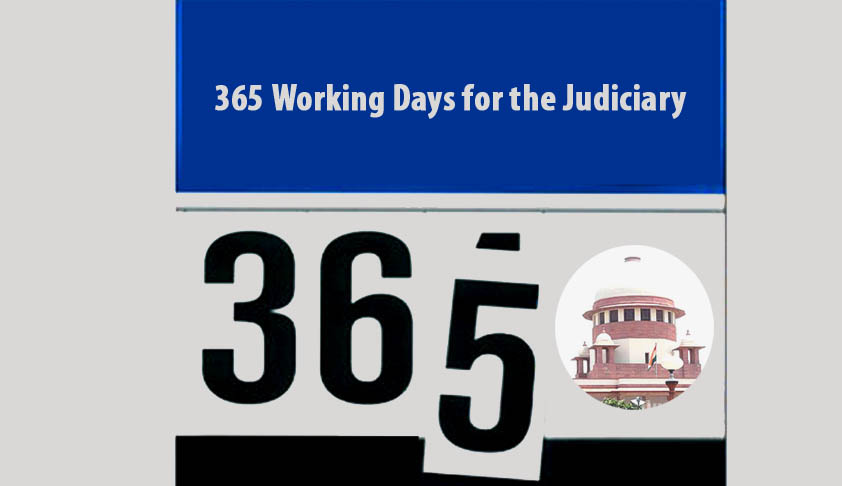- Home
- /
- News Updates
- /
- 365 Working Days- Lawyers Oppose...
365 Working Days- Lawyers Oppose the Idea
Apoorva Mandhani
6 Jun 2014 11:15 AM IST
The Chief Justice of India has set the machinery in motion, to ascertain the views of the entire legal fraternity so as to put his revolutionary idea of “365 days a year” into motion. Earlier in May, he had suggested that the justice delivery system should function round-the-year, with minimum adjournments during the hearings.CJI R.M. Lodha, in a letter to the Chief Justices of the...
Next Story



